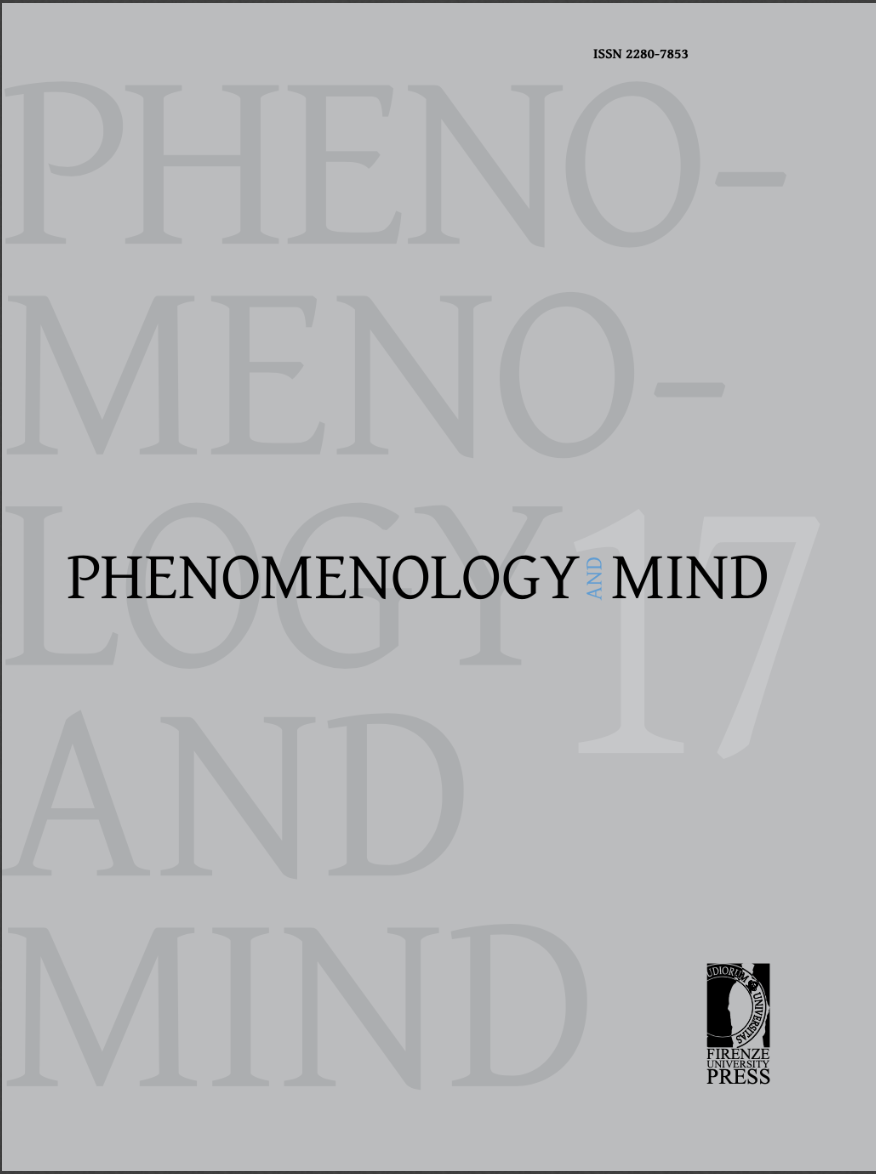Published 2016-11-26
Keywords
- vocation,
- value,
- ethics,
- reason
How to Cite
Abstract
Husserl’s work contains a central ethical question: the creation of a personal order in relation to values and their cognition. An order in which the fundamental structure of the actual idea of a person is revealed: that of being the essential tie between feeling, motivation of volition and logical-argumentative coherence. This value is felt emotionally but the true understanding of the value only occurs in rational choice, when feeling is concretely translated into value; only when the intellect recognises what has become manifest in emotional acts, does the value actually become such and can act as a motivation for rational action. As its consequent result, the ability of evaluation makes use of the understanding of the meaning of the personal unit: the actual faculty of self-evaluation and selfdetermination, of self-regulation towards the good and right. It is the theme of centrality that the process of self-formation as the education of the self assumes in Husserlian ethical discourse as the capacity to relate the general norm to one’s own order of values, to one’s best, that corresponds to the very question of personal vocation according to Husserl. This is certainly an individual ideal but at the same time, also a social ideal since the actual life of a community can take on the form of an ethical life characterised by collective renewal, but only on the basis of the capacity for individual renewal.

